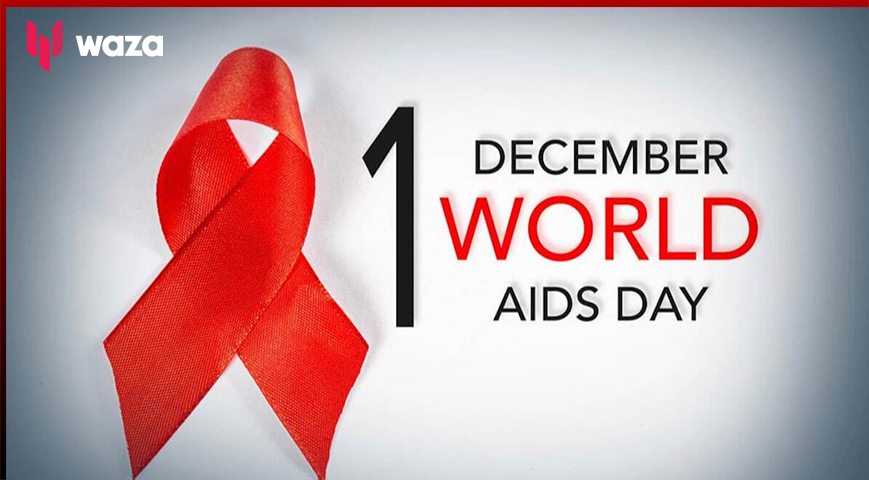Fast foods are becoming a big part of the diet for hundreds of people across the globe. Fast food is becoming more common because it is mass-produced and cheap compared to other healthy options.
1 high calorie
One of the significant risks of eating fast food is that it contains vast amounts of calories. The quickest food contains many calories, sugar, and saturated fat. These meals are high in energy but low in nutrients. One fast meal may have more energy than you require daily, resulting in weight increase and obesity. Obesity can raise the risk of coronary artery disease, type 2 diabetes, and certain cancers over time.

2 toxic additives
The prevalence of toxic additives and preservatives in fast food is another risk. Many fast-food restaurants use preservatives and additives to enhance the flavour and sight of their meals, but these synthetic substances can harm one's health. Some fast food places, for example, use MSG, a flavouring associated with headaches, nausea, and other health-related issues
3 contains additives
Artificial colours and flavours have been related to restlessness in children. Fast food is frequently linked with sedentary behaviour. Individuals who often consume fast food must lead sedentary lifestyles, so they must exercise enough. This can result in gaining weight and becoming obese, which can contribute to various health issues.
4 high sugar
Fast food is frequently rich in sugar. Many fast foods contain a lot of sugar, which can cause dental decay, obesity, and diabetes. Sugar also has addictive qualities, making it difficult to stop eating fast food after you start.

5 lack of nutritional values
most fast foods have little or no nutritional value. Fast foods are often low in nutrients like vitamins, minerals, and fibre, which are essential for good health.
Eating fast foods in moderation is not harmful, but when consumed regularly, it can lead to various health issues and obesity.











